Published by Reynolds Mark
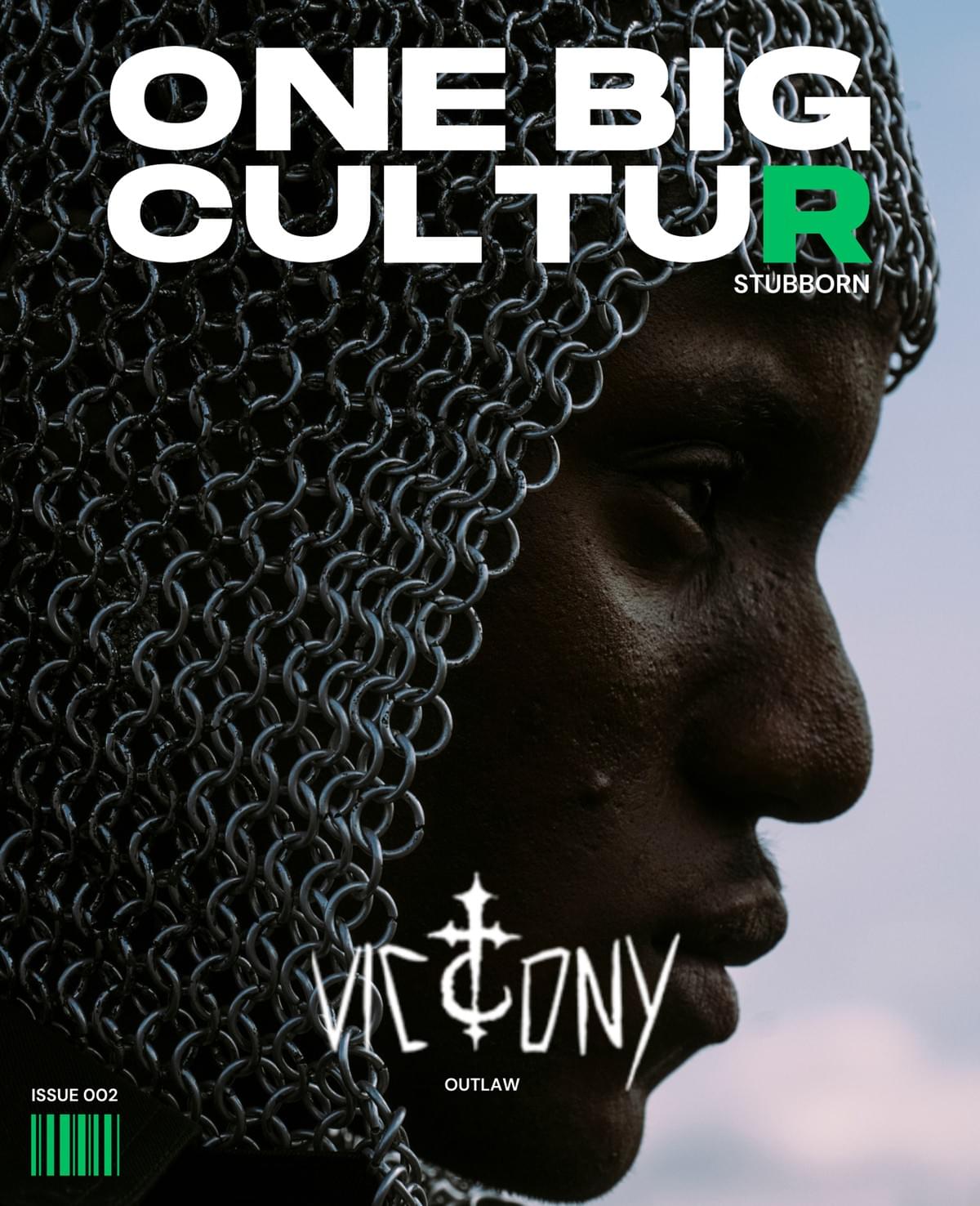
Music has always been a driving force in Victony's life. Growing up in Ojo, Lagos, Nigeria, he was surrounded by the raw energy of the streets, where music, culture, and daily struggles shaped his perspective. From an early age, he found himself drawn to melodies and storytelling, unknowingly laying the foundation for his artistic journey. While he excelled in school as a straight-A student, his true passion was music.
During his secondary school years, Victony started experimenting with music, often freestyling and writing lyrics. It wasn’t until university that he began taking it more seriously, using social media platforms like Instagram to showcase his talent. His breakthrough came when he started dropping freestyles that quickly gained attention, setting him on a path toward a promising career in the Nigerian music industry.
Now, Victony is not just an artist but a storyteller, infusing his personal experiences, culture, and emotions into his music. In this interview, he takes us through his journey from his childhood in Ojo to his rise as one of Nigeria’s most exciting young artists.
In the ever-evolving world of Afrobeats and Nigerian music, few artists have captured the hearts of fans as authentically as Victony. From his humble beginnings in Ojo, Lagos, to becoming one of the most sought-after artists in the industry, his journey is one of perseverance, creativity, and self-belief. Known for his lyrical depth, unique melodies, and ability to infuse emotions into his sound, Victony has solidified himself as a voice of his generation.
Despite facing numerous challenges, including a near-fatal accident that altered his life, he emerged stronger, using his experiences to fuel his music. With multiple hit records, collaborations with some of the biggest names in the industry, and a dedicated fanbase that resonates deeply with his art, Victony’s story is one that inspires.
We had the privilege of sitting down with him to discuss his journey, influences, and the stories behind his music. In this exclusive interview, we dive into his childhood, his early influences, and his aspirations for the future.
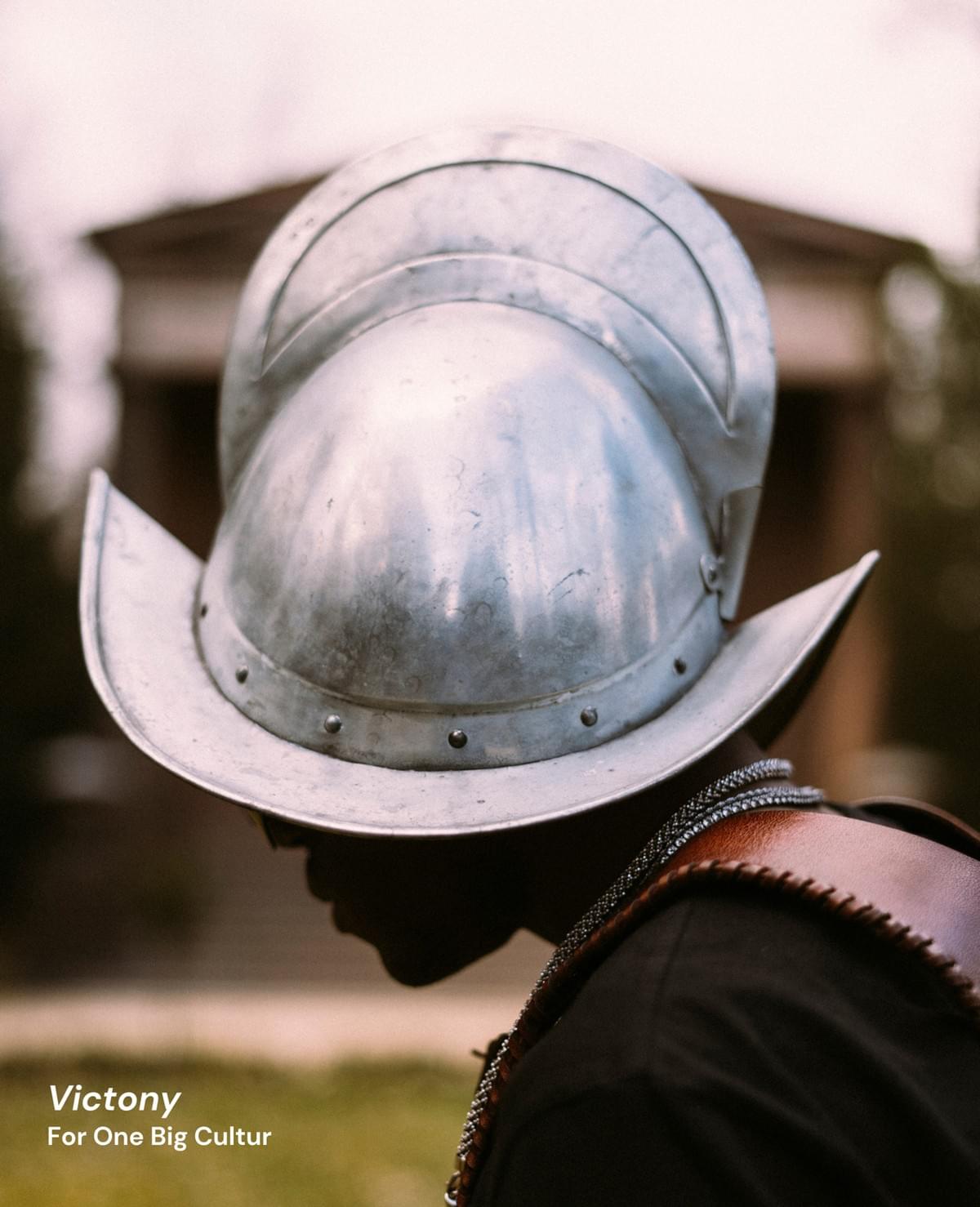
Reynold: If you could tell your story without filters or outside interpretations, where would you begin? What’s a moment from your childhood that defines who you are?
Victony: I’m just a young kid from Ojo, Lagos, Nigeria. That’s where I spent half of my life. I went to primary and secondary school before heading off to university. Those moments shaped who I eventually became. Ojo showed me how life could turn out depending on the path I chose. I saw people who became successful by chasing their dreams, and I also saw people who got lost in the streets. That reality gave me the drive to make my own choices.
Reynold: In your song "History," you sang about your school days. What was life like for young Victony growing up, wearing a school uniform and being around friends?
Victony: It was fun, but at the same time, I always wanted to leave that environment. Even though I enjoyed my friendships and the little moments like walking home with my friends after school, I didn’t see many opportunities coming through. I felt like I needed to leave. But now, looking back, I miss those moments a lot.
Reynold: Ojo has a unique cultural and social atmosphere. Were there any local traditions or music styles that influenced your sound?
Victony: Definitely. A lot of what I say in my music, my lamba (slang and creative expressions), comes from being an Ojo guy. The things we said and did back then were just normal, but now, I see them as creativity. The street vibes, the carnivals, the music everything played a role in shaping my artistry.
Reynold: What was your daily life like as a kid? Were there moments of fun that helped you escape the challenges around you?
Victony: Yeah, a lot of fun moments. I used to play football a lot. I even threw house parties. My friends would visit, and we would trek back to their houses. The simple things made life enjoyable.
Reynold: Education is a big deal in Nigeria. How did you navigate schooling? Were you a straight A student?
Victony: Yeah, I was actually a straight A student in secondary school. I had clean results. I kind of gave up on university later, but my early education was solid.
Reynold: I heard you were made social prefect for a day and got revoked. What happened?
Victony: (Laughs) Yeah, I threw a party, and someone got really drunk. The next day, the police showed up, threatened all of us, and as punishment, they revoked my title. It was a big deal back then.
Reynold: Did growing up in Ojo ever make you question whether dreams like yours were possible?
Victony: Ironically, no. It made me more driven. I always felt special because I was one of the few who could do what I did. I entertained people, and that gave me confidence.
Reynold: Who supported your dreams early on? Your sister played a big role, right?
Victony: Yeah, my sister was my number-one fan. She took me to competitions, even waking up early to take me from Ojo to the Island, which was a long journey. She believed in me so much. My family and friends also played a huge role in my journey.
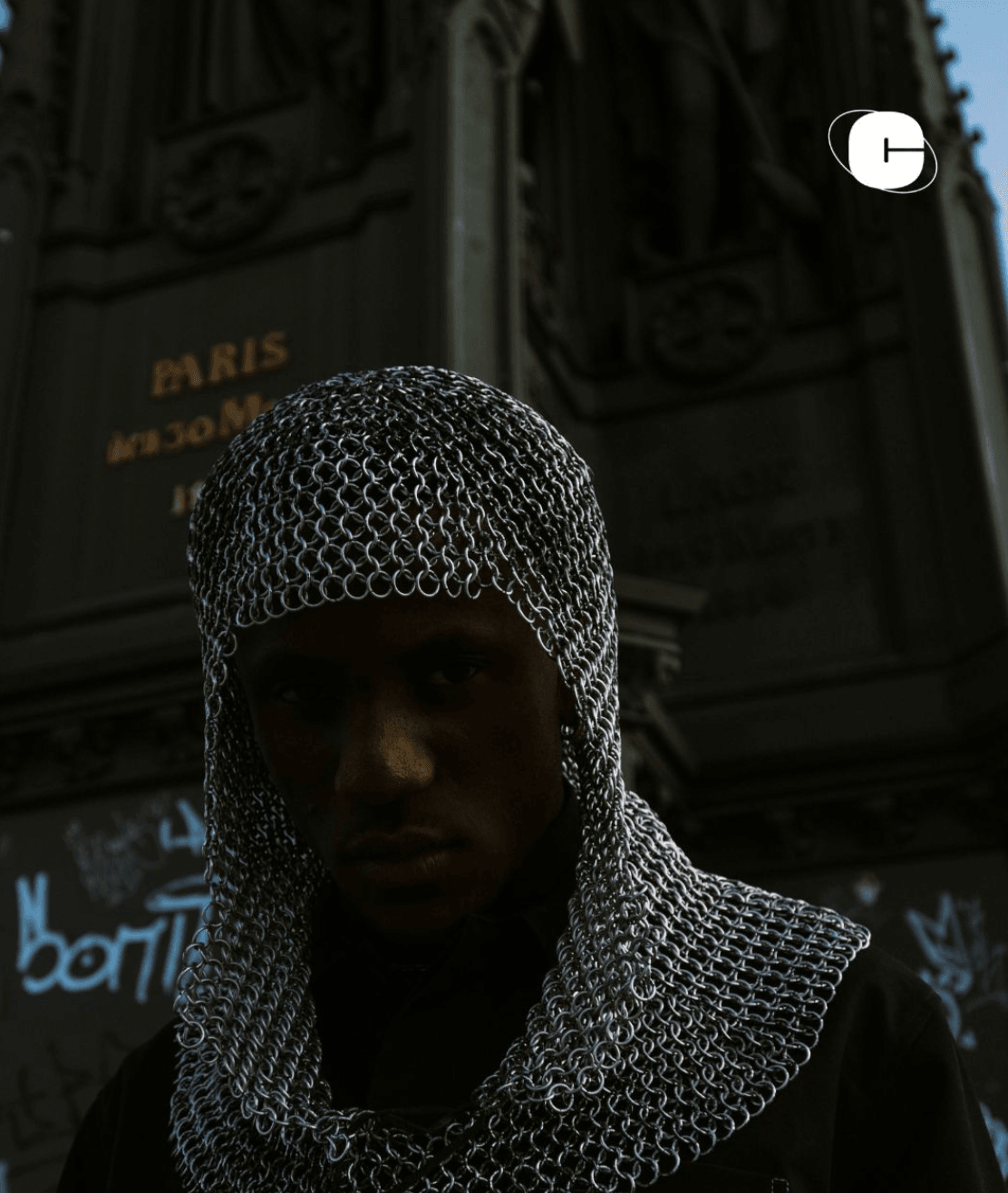
Victony: I started with Instagram freestyles, posting weekly. As for moments of doubt, I honestly can’t recall any. I’ve always been focused on pushing forward.
Reynold: Your music often reflects deep religious undertones. How did your relationship with Catholicism begin?
Victony: I was born into it. That’s all I’ve ever known.
Reynold: Do you feel a responsibility to amplify the voices of kids like you who grew up in Ojo?
Victony: Absolutely. I represent a large number of kids who weren’t too poor or too rich. Our parents could afford education, but we still had a street mentality. I know a lot of people relate to my story.
Reynold: If you could speak to your younger self, would he believe where you are now?
Victony: Oh, he would believe me. Shoutout to him he’s doing well.
Reynold: Your debut album, STUBBORN, reflects your resilience. What makes this project your most personal yet?
Victony: This is the first project where I didn’t hold back. In previous projects, I thought too much about what people would vibe to. But with STUBBORN, I just did me.
Reynold: The football legend Adriano once said, "Survival is like a street fight." How did you fight to make it out of Ojo?
Victony: Mentally, I was never there. I always saw myself somewhere else. I knew my situation was temporary, and by God’s grace, I made it out.
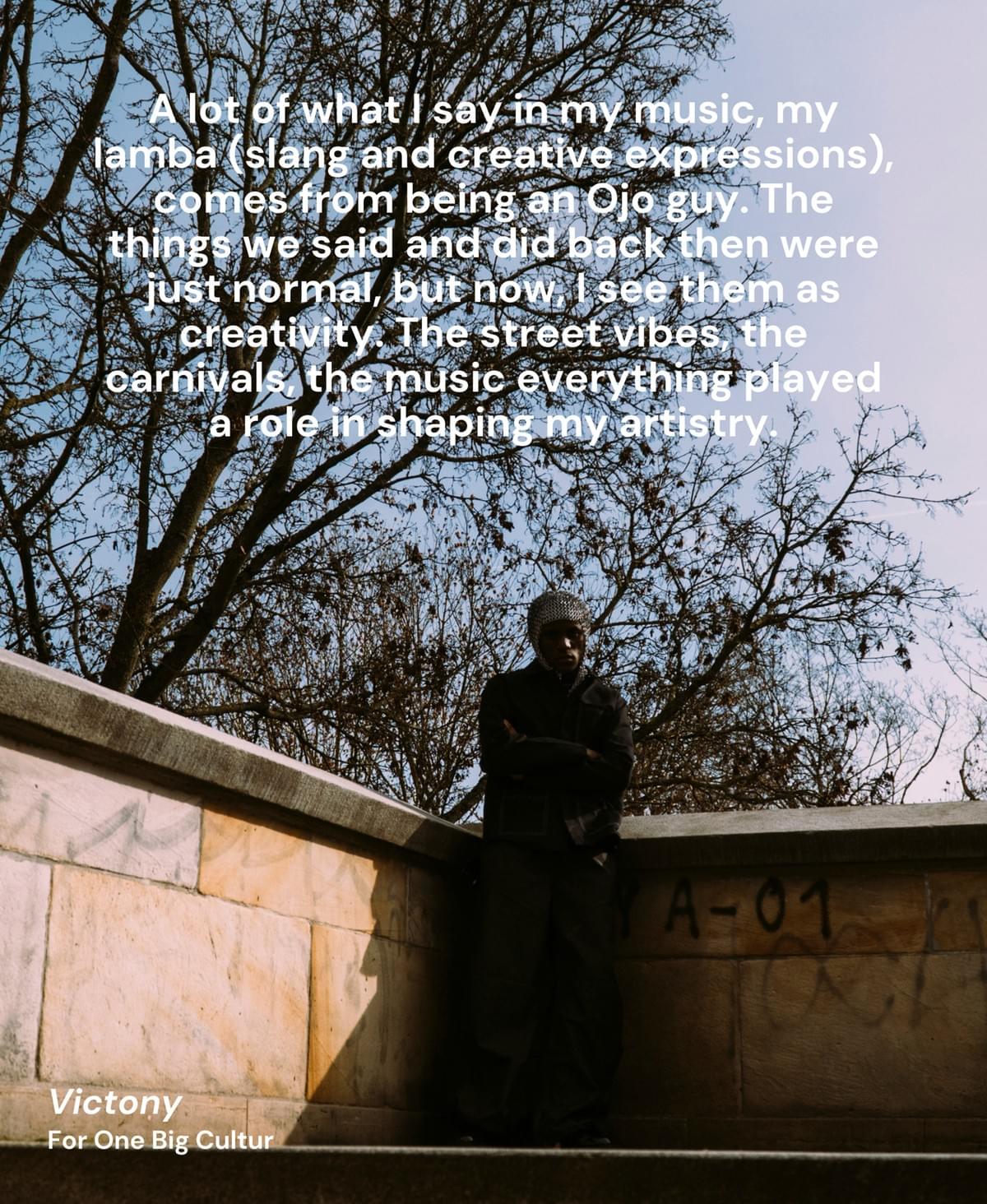
Reynold: How do you want your music to impact listeners, especially kids from places like Ojo?
Victony: I want them to feel empowered to be their best selves. I want them to feel freedom in my music and see how I maximize my God-given talent.
Reynold: What legacy do you want to build as an artist?
Victony: Just be yourself. If you think of Victony, I want you to feel that message just be yourself.
Reynold: Based on where you are in the industry now, how do you feel about the reception you’ve been getting?
Victony: People who love me really love me. There are doubters, but I don’t care. As long as I keep growing and my music keeps feeding my fanbase, I’m good.
Reynold: Last question—top three dream collaborations?
Victony: 2Baba, Post Malone, and Drake. Those guys really inspire me.
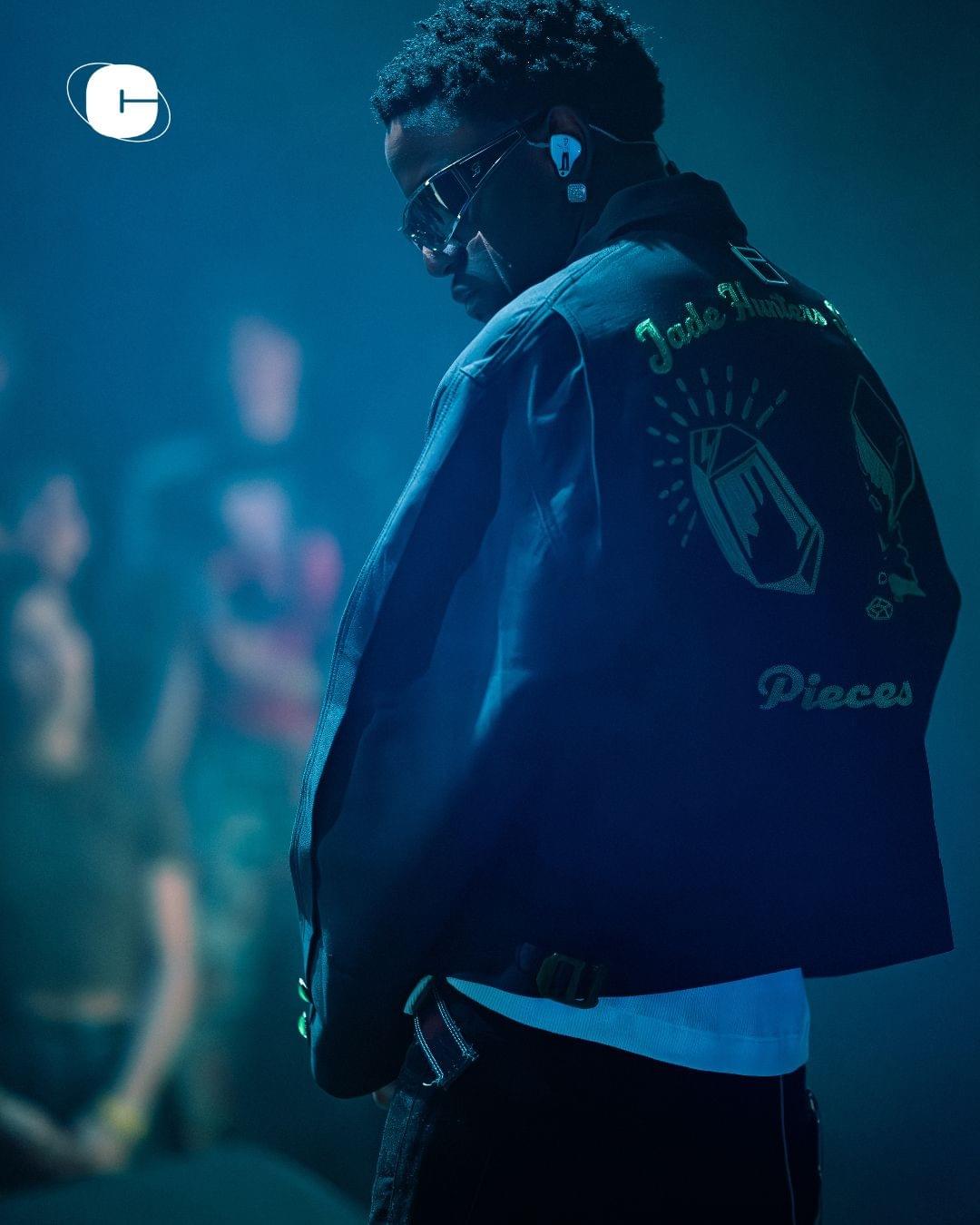
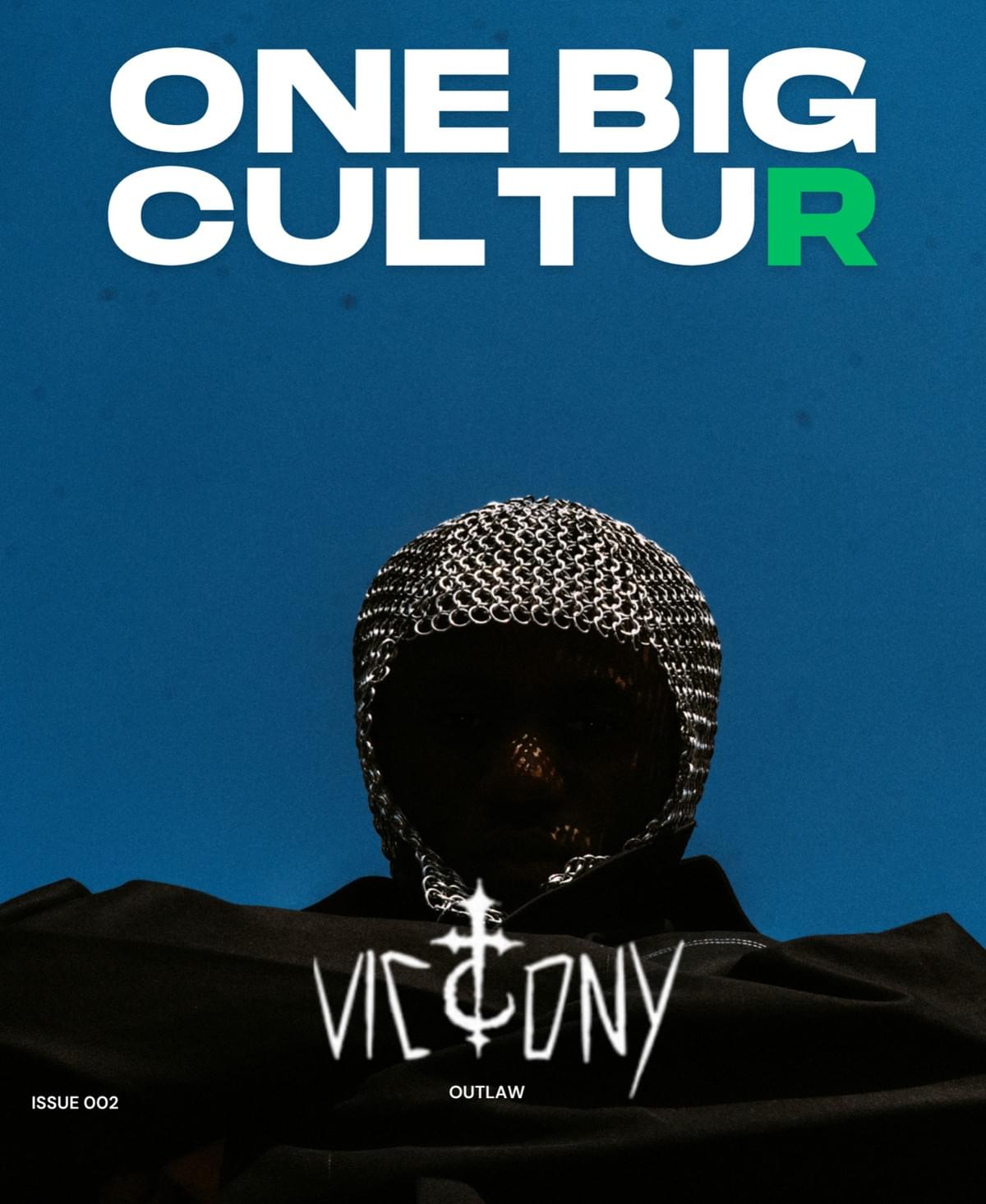
If there’s one thing I know — this is only the beginning.
PRODUCED BY STUDIO MEZUE
EDITOR IN CHIEF / INTERVIEWED BY REYNOLDS MARK
PROJECT LEAD - OLIWIA KLIMCZAK
HEAD OF DESIGN - TOSAN UCHE
ASSISTANT EDITOR IN CHIEF - WALTER OKOSIE
PHOTOGRAPHED BY IBRA WANE
